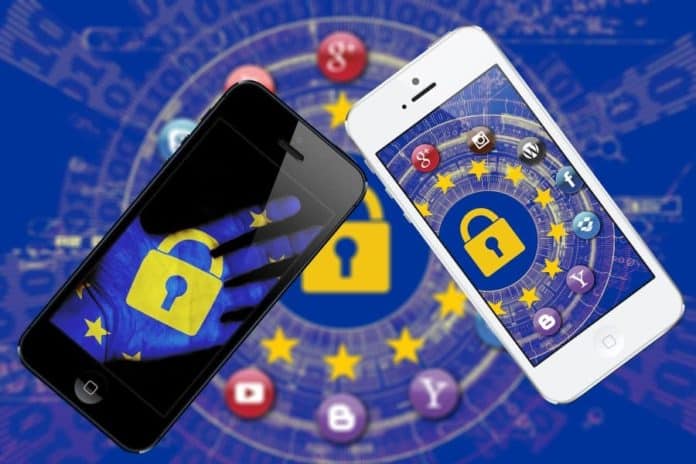The days of paper bank ledgers and even paper checks are fast disappearing, as online banking and services have become more mainstream. And while in the old days thieves had to physically take someone’s money from them by force, these days it’s possible to steal from a person by hacking their online bank account or gaining access to their credit or debit card. With cybercrime running amok and only growing in intensity, it’s important to be able to protect your personal data and your financial information from thieves. Here are four things you’ll want to keep in mind.
Only Visit Secure Websites
This should be a given, but there are still those who visit sites and enter their personal information on sites that are not secure. Today, every reputable website has HTTPS protection, which basically encrypts the information that’s being shared between your computer and the website you’re visiting. You’ll know the site is using HTTPS by the little padlock in the browser window.
If you don’t see the little padlock, I would think twice about entering any personal or banking information on the site. Of course, the criminals have caught on, so now many of them are also using HTTPS. One trick is to pay close attention to the web address, particularly if the site is claiming to be your bank’s website. Also, phishing sites often look fishy in some way.
Use Virtual Private Networks
A virtual private network, or VPN, is like a private tunnel giving you access to the internet without having to worry about prying eyes viewing your information. VPNs are even more important when you’re using a public WiFi connection and don’t have the privacy that your home network provides. Public Wi-Fi can be dangerous when sharing personal data.
And while HTTPS does make public WiFi and the internet in general safer, there are still potential risks that you might want to protect yourself from. Cybercriminals are becoming more sophisticated by the day. And while there is no 100 percent failsafe way of remaining safe while sharing your personal and financial information online, a VPN can make you safer.
Use Two-Factor Identification
Requiring a second step beyond using a password to access your personal and financial data is another way to keep them safe. For example, you may require your bank and other accounts to require that you confirm your identity through your personal cellphone. This is one way of preventing criminals from accessing your accounts even if they do have your passwords.
If you don’t have access to a phone, there are other ways to enable two-factor identification. One way is through the use of backup codes that can be downloaded and printed out or sent to a designated email address. The goal is simply to make it more difficult for criminals to gain access to your private information.
Better Educate Yourself
Another thing you can do to help protect your personal and financial data is to better educate yourself. As much as some people try to hold on to the days when everything was done using pen and paper, technology marches on and eventually becomes the standard.
You’ll want to be aware of things like phishing scams or people trying to gain access to your information through bogus websites. Take a free online class or two about the ins and outs of data security. You can never know too much when it comes to protecting yourself and your information.
You may even want to pursue some type of formal education, such as earning a certificate in computer science. More people are discovering the value of going into the technology field. The tech job market is red hot and only seems to be growing. You’ll also have the benefits of earning a good salary and being able to work remotely in many cases.
Due to the presence of cybercriminals and other bad actors, knowing how to protect your personal and financial information online is a necessity. Some things you can do to shield your information include only visiting secure websites, using a VPN, using two-factor identification, and better educating yourself about data security. It only takes one slip-up to become a victim, so make sure you’re being more careful starting now.












